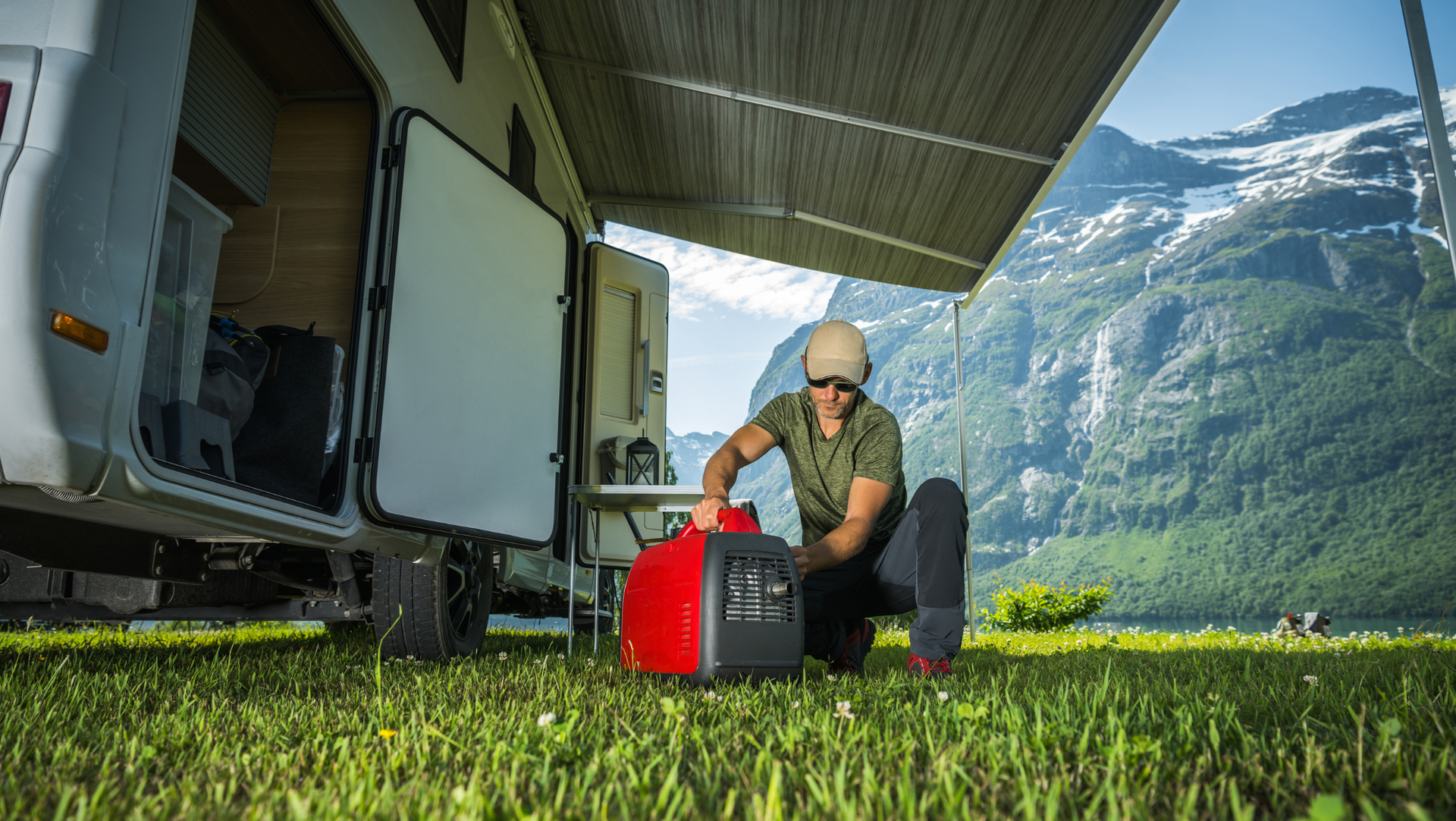Rolling Destruction for the climate!
How International Motorhomes on Wheels Are Harming the Climate

The allure of the open road, the freedom to travel wherever your heart desires, and the comfort of home on wheels—international motorhomes are the epitome of wanderlust. These modern marvels have revolutionized the way we explore the world, making cross-country journeys and transcontinental adventures accessible to countless individuals. However, beneath the glossy exterior and the thrill of the open road lies a sobering reality: international motorhomes on wheels are harming the climate.
In this blog post, we will delve into the environmental impact of international motorhomes and why we must reconsider the way we approach travel and adventure in an era of climate crisis.
The Carbon Footprint of Motorhomes
International motorhomes are designed for comfort, offering spacious interiors equipped with all the amenities of home. However, these luxuries come at a significant environmental cost. Most motorhomes are powered by large diesel engines that consume fuel at an alarming rate. The carbon emissions produced by these vehicles contribute to the ever-worsening global climate crisis.
Consider the fact that a typical motorhome can have a fuel efficiency of as low as 10 to 16 kilometers per liter. The CO2 emissions from 1liter diesel amounts to 2,66kg of CO2 emitted from the tail pipe (Because Carbon is sticky and easily combines with oksygen from the air).
When you're driving thousands of kilometers across countries and continents, the carbon footprint adds up quickly.
In comparison, a compact car can achieve fuel efficiency of 48 kilometers per liter or more, and if your travelling electric you can reduce that number to zero.
-The difference in emissions is staggering!
Excessive Energy Consumption
International motorhomes are also notorious for their energy consumption. They often rely on generators to power appliances, air conditioning, and heating systems, all of which demand copious amounts of fuel or electricity. This excessive energy consumption is not only costly but also detrimental to the environment.
Moreover, the convenience of modern amenities inside motorhomes encourages longer stays at campsites and RV parks, where electricity and water hookups are readily available. These extended stays lead to higher energy consumption and, subsequently, more harm to the environment.
The Environmental Impact of Camping Practices
While international motorhome enthusiasts may appreciate the natural beauty of the destinations they visit, their camping practices often have unintended consequences. Mass camping in sensitive natural areas can lead to soil erosion, habitat disruption, and littering. It's a stark contrast to the concept of responsible, eco-friendly tourism.
Additionally, the sheer size and weight of motorhomes can cause damage to roads and infrastructure, necessitating expensive repairs and maintenance, which further strain local resources and budgets.
The Need for Sustainable Travel Alternatives
In a time when climate change is wreaking havoc on our planet, we must reevaluate our travel choices and prioritize sustainability. This doesn't mean giving up on adventure and exploration but rather adopting more responsible and eco-friendly ways to satisfy our wanderlust.
1.Opt for Eco-friendly Alternatives: Consider traveling in smaller, more fuel-efficient vehicles, or explore alternative modes of transportation, such as electric or hybrid options.
2.Embrace Slow Travel: Rather than rushing from one tourist hotspot to another, slow down and immerse yourself in the local culture and environment. Take the time to appreciate the beauty of your surroundings and reduce your carbon footprint in the process.
3.Support Sustainable Camping: Choose campgrounds and RV parks that prioritize sustainability, offering clean energy options and eco-friendly amenities. Leave no trace and respect local ecosystems.
4.Offset Your Carbon Emissions: If you can't avoid international motorhome travel altogether, consider carbon offset programs to mitigate your environmental impact.
Conclusion
International motorhomes on wheels may offer convenience and comfort, but their environmental impact is undeniable. As responsible global citizens, we must acknowledge the role these vehicles play in contributing to climate change and take steps to reduce their harm. By embracing sustainable travel alternatives and adopting eco-friendly practices, we can still explore the world while protecting the planet for future generations. It's time to hit the brakes on climate-harming motorhomes and steer towards a more sustainable travel future.

"They often rely on generators to power appliances, air conditioning, and heating systems, all of which demand copious amounts of fuel or electricity."
CONTACT
LOCATION
Sirdalsveien 4142,
4440 Tonstad
Norway



